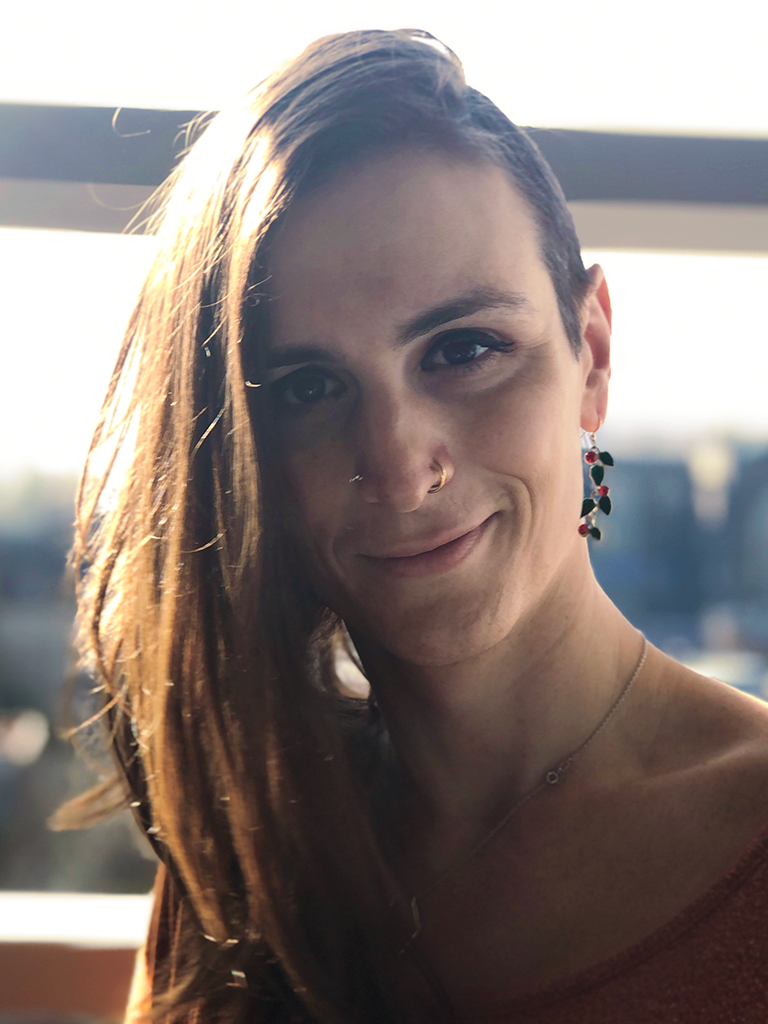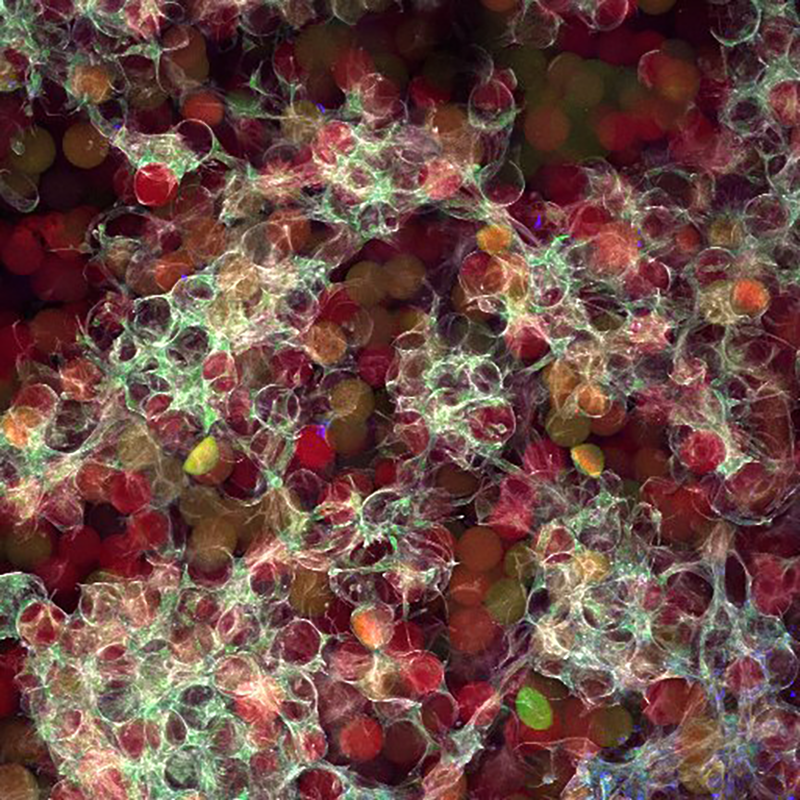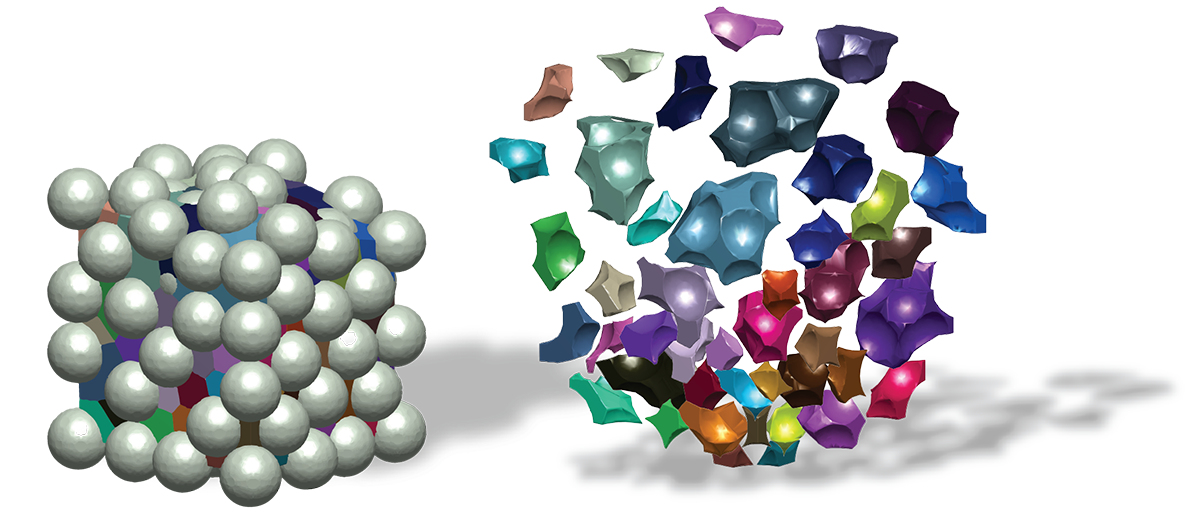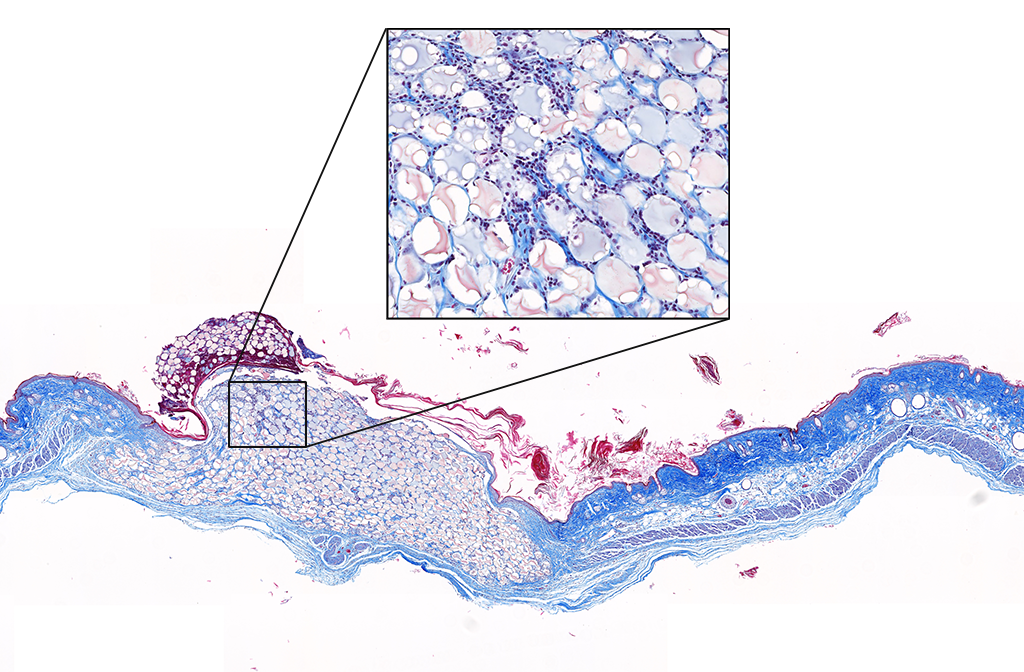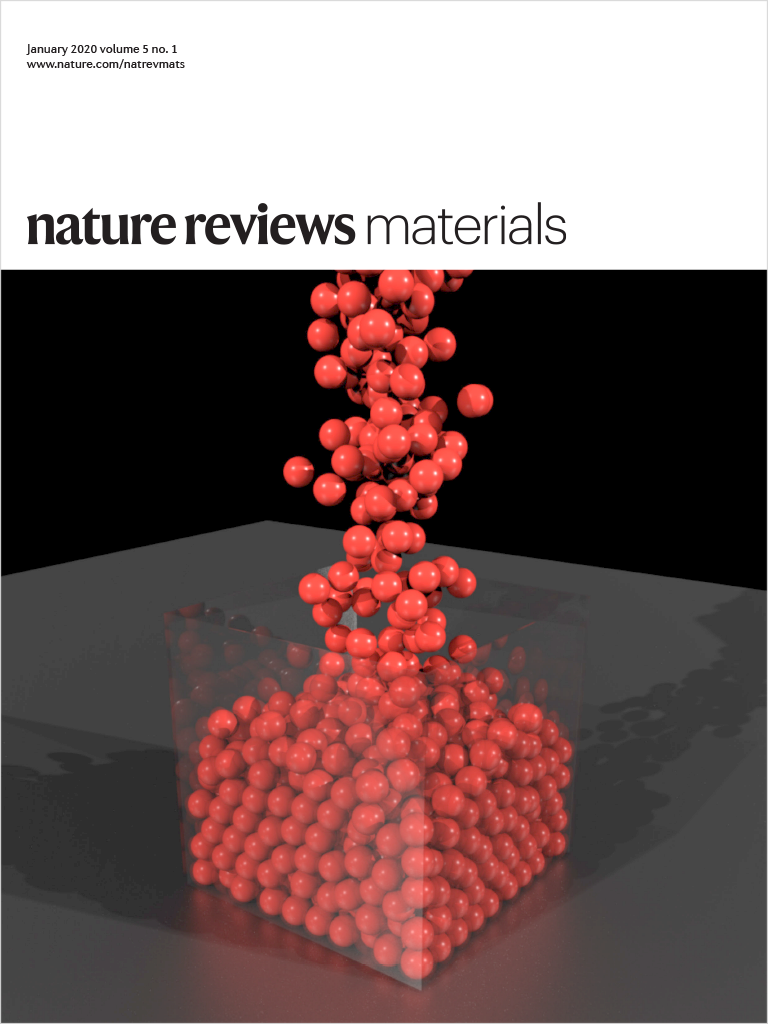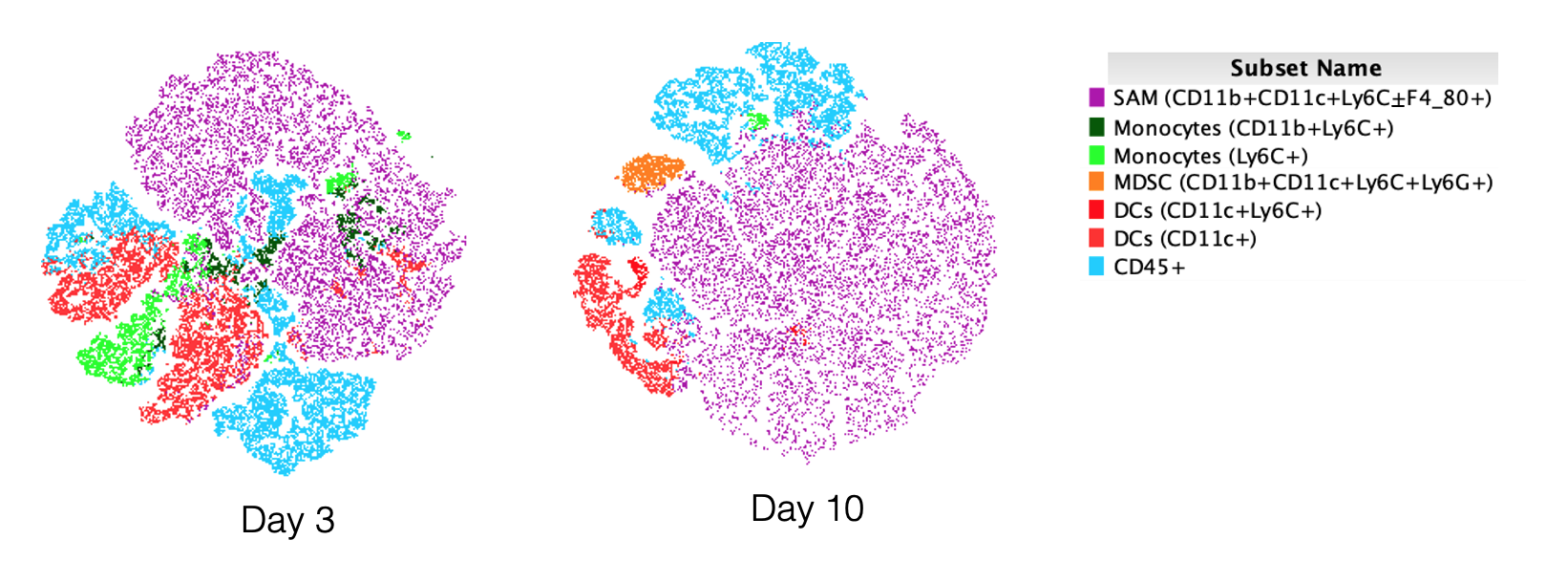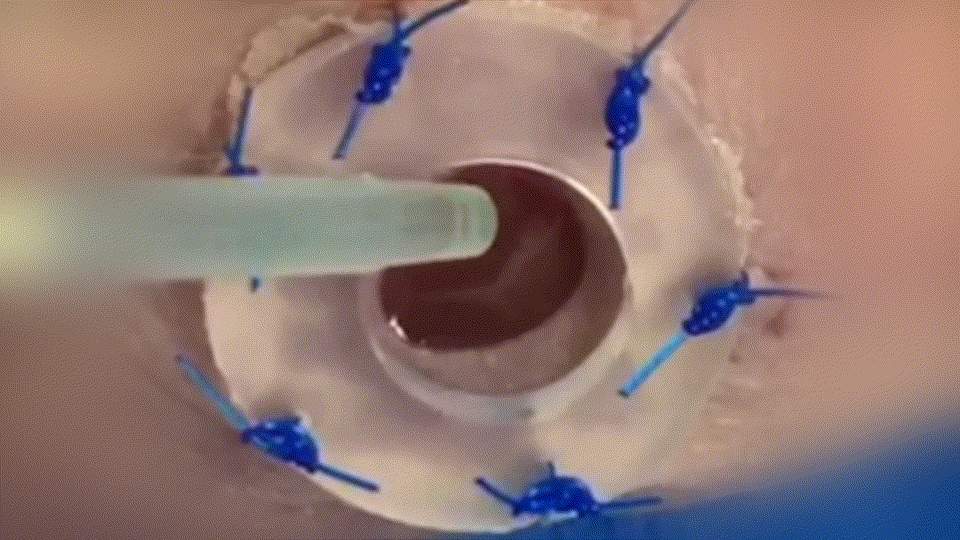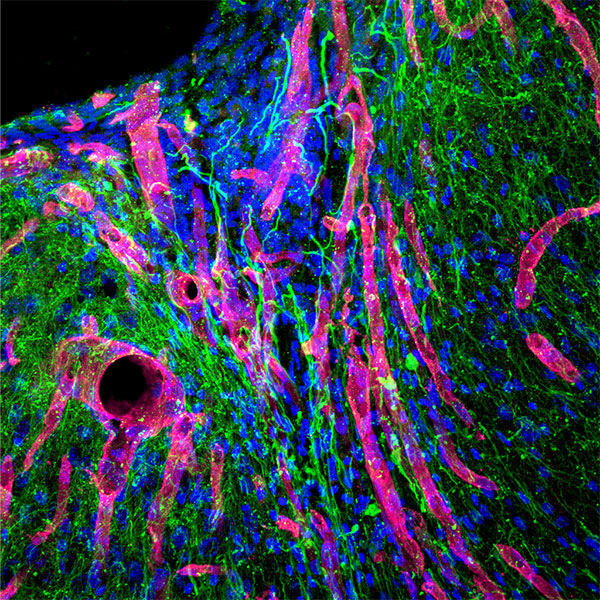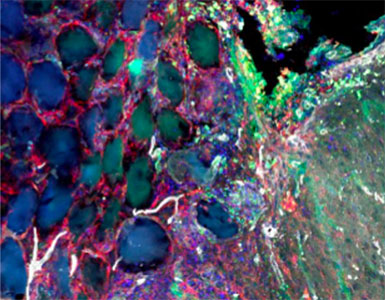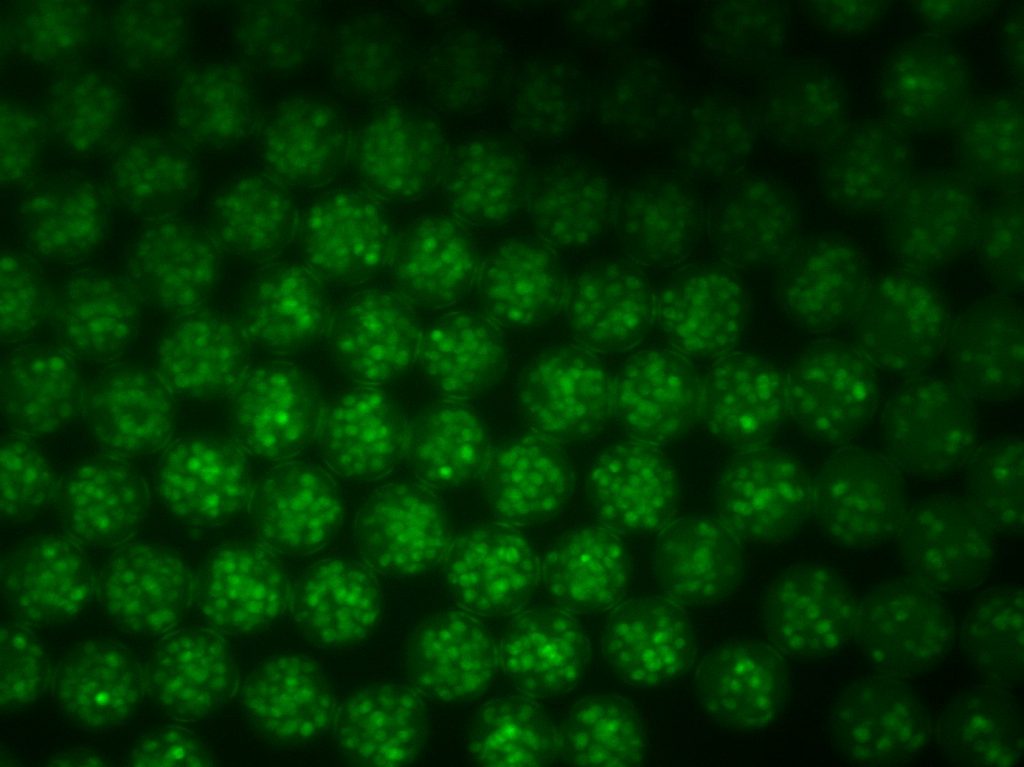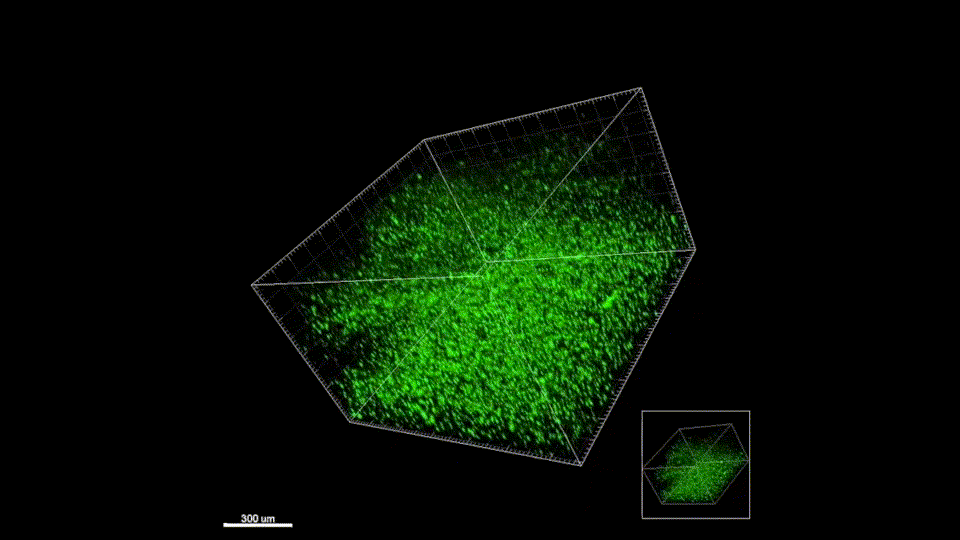Kloer C, Lewis HC, and Rezak K. “Delays in gender affirming healthcare due to COVID-19 are mitigated by expansion of telemedicine.” Am J Surg, September 23, 2022. https://doi.org/10.1016/j.amjsurg.2022.09.036.
Lewis HC, Hart AL, Fobare A, Styblo TM, Losken A. “Preoperative Body Image Factors Are Associated with Complications after Breast Reconstruction.” Plastic &Amp; Reconstructive Surgery 149, no. 3 (March 2022): 568–77. https://doi.org/10.1097/prs.0000000000008825.
Lewis HC, Cendales LC. “Vascularized composite allotransplantation in the United States: a retrospective analysis of OPTN data after five years of the Final Rule.” American Journal of Transplantation. 2020 Jun 2. 1-6. doi:10.1111/ajt.16086
Lewis HC, Chinnadurai R, Bosinger SE, Galipeau J. “The IDO inhibitor 1-methyl tryptophan activates the aryl hydrocarbon receptor response in mesenchymal stromal cells.” Oncotarget 2017 Nov 3;8(54): 91914-91927
Oyoshi MK, He R, Kanaoka Y, ElKhal A, Kawamoto S, Lewis CN, Austen KF, Geha RS. “Eosinophil-derived Leukotriene C4 Signals via Type 2 Cysteinyl Leukotriene Receptor to Promote Skin Fibrosis in a Mouse Model of Atopic Dermatitis.” Proceedings of the National Academy of Sciences (USA). 2012. 109(13): 4992-7.

 Holly is working with MAP hydrogels, a three-dimensional scaffold with niches that facilitate immune remodeling of injured tissues. We've already shown that our MAP hydrogels can regenerate skin wounds with sebaceous glands, hair follicles, and improved tensile strength and barrier function - next up, improved transplantation tolerance.
Holly is working with MAP hydrogels, a three-dimensional scaffold with niches that facilitate immune remodeling of injured tissues. We've already shown that our MAP hydrogels can regenerate skin wounds with sebaceous glands, hair follicles, and improved tensile strength and barrier function - next up, improved transplantation tolerance.